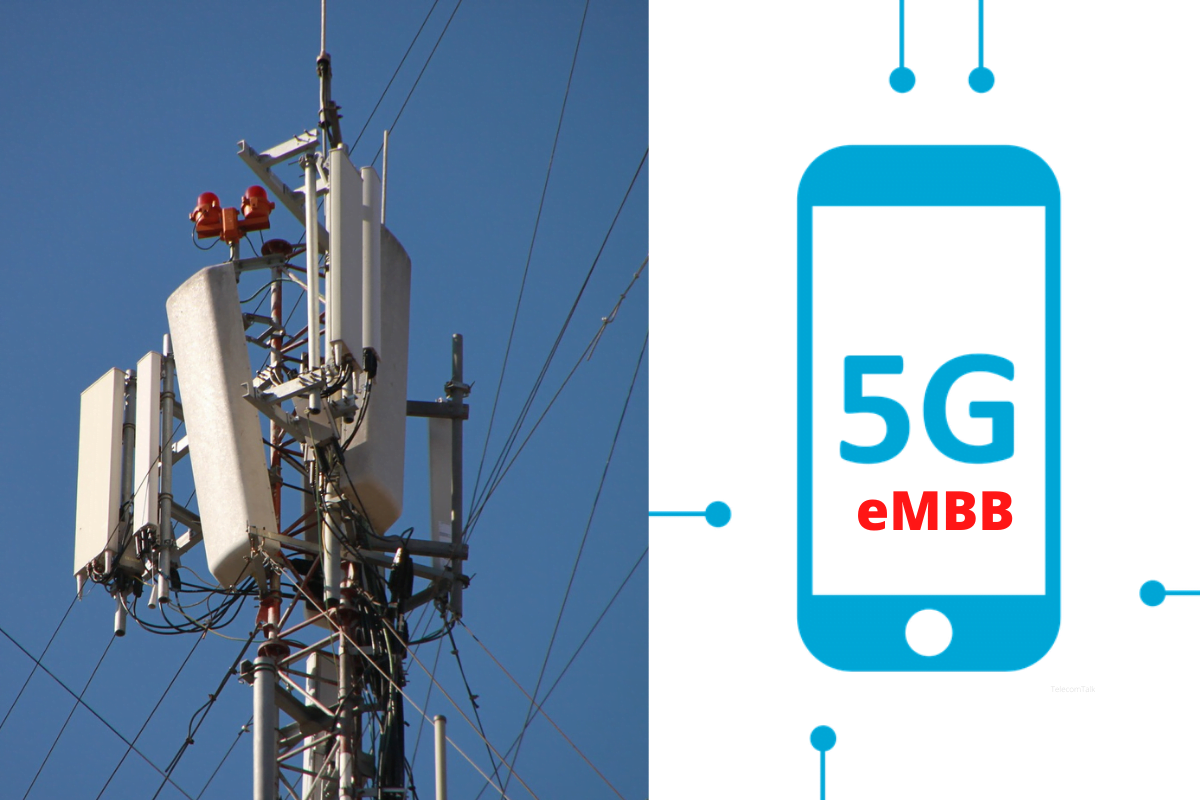If you are familiar with the key terms associated with 5G, you would have heard of Enhanced Mobile Broadband (eMBB). It is one of the use cases that was defined for 5G long-back. The role of eMBB was to simply enhance the 4G broadband services so that users could experience a faster network with lower latency. But how did it come into existence, and what role does it play in the development of 5G networks? Let’s find out!
What is Enhanced Mobile Broadband (eMBB)?
Before jumping to what eMBB is, let’s think about 5G for a second. Remember the time when the world considered 4G/LTE as the next big thing? Well, at that point in time, the engineers at the 3GPP were thinking about what should come next. The 3GPP engineers were trying to find out how 5G should look like so that it overtakes 4G as the next big thing. The 3GPP came to a conclusion that 5G should pave the way to enable virtual connectivity for everyone and everything, including Internet-of-Things (IoT), Artificial Intelligence (AI), and more. 5G was divided into three main use case scenarios. So eMBB was one of the primary use cases identified for 5G New Radio (NR) by the 3GPP. According to one of the older Ericsson reports, the world is expected to have around a billion 5G subscriptions for eMBB by 2023. For enabling a faster rollout of eMBB, the 3GPP RAN Group decided that they will go ahead with a Non-Standalone (NSA) 5G NR variant. With NSA, the existing 4G networks are integrated with the 5G NR carriers for enhancing the bandwidth and reducing latency.
What Will eMBB Do For 5G in India?
While eMBB is an advancement over the 4G networks, it is capable of doing much more than just providing a faster network experience. The application of eMBB will enable a truly immersive AR and VR experience, 360-degree video calling, and more. eMBB can deliver higher capacity networks for the urban and densely populated areas with strong connectivity indoors as well. Further, it will enable wide network coverage so that users don’t have to worry about falling out of the connectivity area. Lastly, it will allow the world to move ahead with smarter technology which requires real-time connectivity and communication. eMBB can enable up to 100x more traffic capacity networks with a 10x better experience with 1/10th of the latency users get today with 4G. But eMBB won’t just help the users consume data at faster rates for entertainment purposes; it will also enable cloud-native applications to work efficiently.
